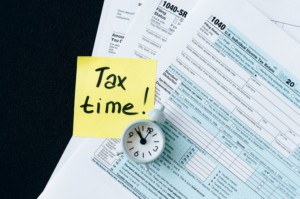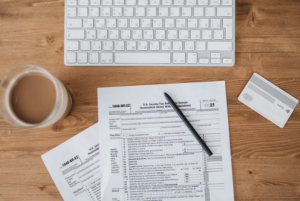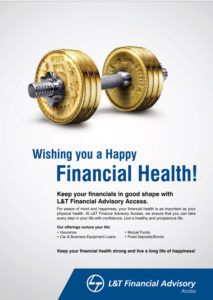Many people don’t know which receipts they need to keep and which ones they can toss out, so hopefully, this post will help clarify some things. You must have all these documents to file your taxes correctly. Otherwise, you could end up owing money or receiving a larger refund than necessary. You can click here for tips to effectively manage your receipts. So what are the receipts that we’re talking about? Read on to learn more about why and how these tax records matter and how to organize them properly.
Receipts for the Purchase of Assets
 Receipts for purchasing assets, like cars, should be kept if the IRS needs proof that you made this purchase. This can help reduce or eliminate any potential tax evasion charges. If you do not have all your receipts to back up your deductions, then it is unlikely an auditor will accept them.
Receipts for purchasing assets, like cars, should be kept if the IRS needs proof that you made this purchase. This can help reduce or eliminate any potential tax evasion charges. If you do not have all your receipts to back up your deductions, then it is unlikely an auditor will accept them.
If you have made any large purchases, such as a car or boat, make sure to hang on to the receipts. The IRS could ask to see these documents to verify that the purchase was legitimate and not done to evade taxes.
Receipts for Medical Expenses and Health Care Premiums
Receipts for any health care expenses you have paid during the year can be helpful when it comes time to file your taxes. The IRS has particular rules about how much of a deduction they will allow you to take on these types of purchases – so having proof that an expense was made is very helpful. If you do not have receipts, but paid for health care premiums and other medical costs throughout the year, make sure to keep your bank statements on hand to back up any claims made during tax season.
Receipts for Charitable Donations
 Receipts for charitable donations are another essential thing to keep in order when it comes time to do your taxes. The IRS allows you to deduct a certain percentage of your income each year towards these types of donations, so having the proper paperwork is key. If you have made any cash or in-kind donations throughout the year, make sure to have the associated receipts handy. This will help reduce your taxable income and result in a larger refund or a lower tax bill.
Receipts for charitable donations are another essential thing to keep in order when it comes time to do your taxes. The IRS allows you to deduct a certain percentage of your income each year towards these types of donations, so having the proper paperwork is key. If you have made any cash or in-kind donations throughout the year, make sure to have the associated receipts handy. This will help reduce your taxable income and result in a larger refund or a lower tax bill.
Receipts from any other sources of income, such as Social Security benefits or unemployment compensation should also be kept in a safe place. These documents can help prove that the money you received throughout the year was indeed taxed and is therefore considered taxable income.





Leave a Reply